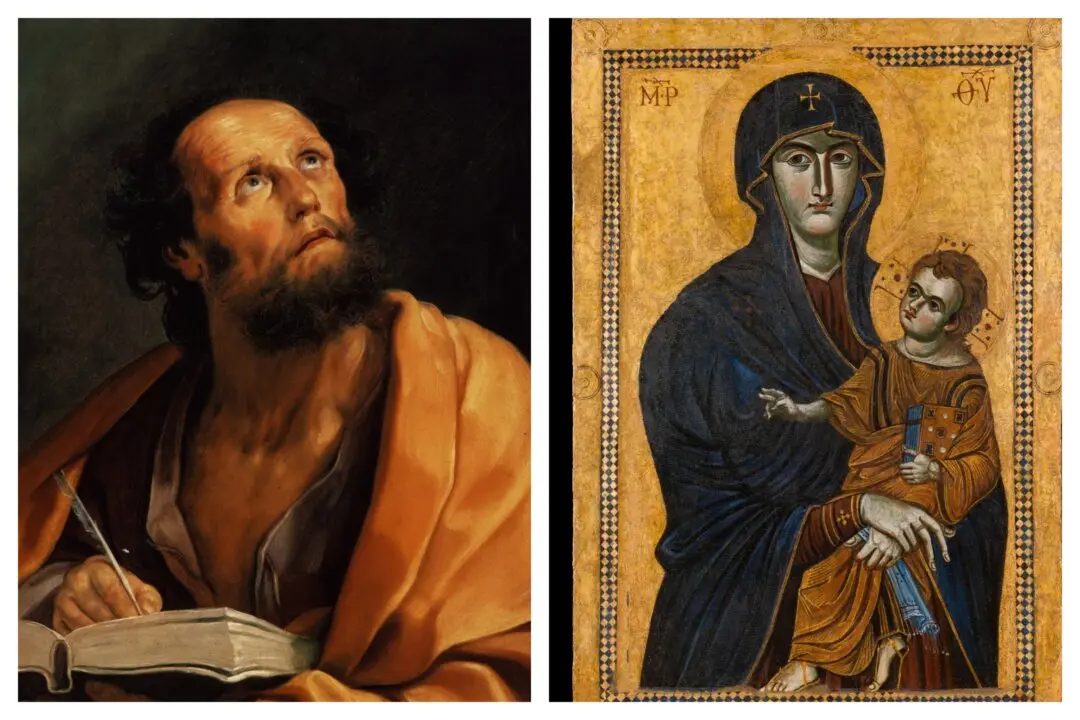 As we celebrate Thanksgiving, Americans take time to reflect not only on what we are grateful for, but also on the importance of forming a habitual mindset of gratitude. To this end, I turn to three poets (two British and one American) for their insights on keeping this virtue before us always.
As we celebrate Thanksgiving, Americans take time to reflect not only on what we are grateful for, but also on the importance of forming a habitual mindset of gratitude. To this end, I turn to three poets (two British and one American) for their insights on keeping this virtue before us always.Though they lived through years of intense hardship and worldwide political turmoil, all three writers recognized that the present is always a gift, and goodness is present even amid intense darkness and evil. Not only can we be thankful through difficulty, but there is reason to be grateful even for hardship and loss.





